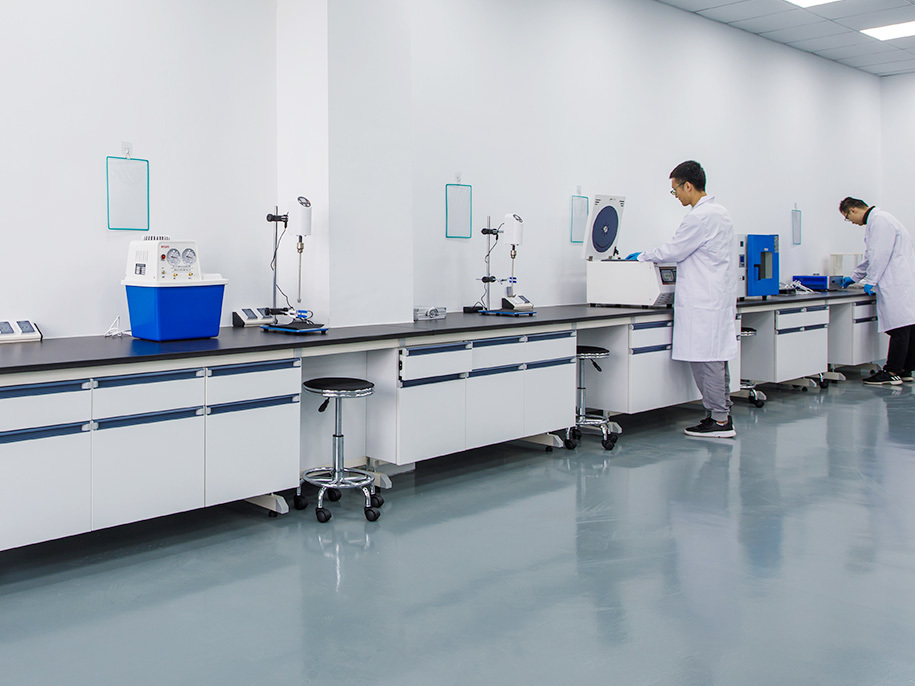Application Prospects of Graphene in Battery Materials
In today’s technological era, the research and development of battery materials are progressing rapidly. With the increasing demand for more efficient, environmentally friendly, and safer battery materials, graphene, as an important new material, is receiving growing attention and research. This article will explore the application prospects of graphene in the field of battery materials.
Graphene is a single-layer honeycomb structure material composed of carbon atoms, possessing excellent physical and chemical properties. Its outstanding conductivity, thermal conductivity, and mechanical strength offer vast possibilities for its application in battery materials.
Graphene as Electrode Material
Firstly, graphene can be used as an electrode material in batteries. Compared to traditional electrode materials, graphene has a higher specific surface area and better conductivity, which can significantly enhance the energy density and power density of batteries. Additionally, graphene’s high mechanical strength and excellent corrosion resistance can effectively improve the lifespan and stability of batteries.
Graphene as Electrolyte Material
Secondly, graphene can serve as an electrolyte material. Its high ion conductivity and reversibility make it suitable for creating high-performance electrolyte materials, thus improving the cycle efficiency and power density of batteries.
Graphene as Separator Material
Moreover, graphene can be used as a separator material in batteries. In traditional lithium-ion batteries, separator materials are often a critical factor affecting the stability and safety of the battery. Graphene, with its high chemical stability and low resistivity, can be used to produce high-performance battery separators, significantly enhancing the safety and stability of batteries.
Conclusion
In summary, graphene holds vast application prospects in the field of battery materials. Although there are certain technical challenges and difficulties in the research and development of graphene battery materials, it is believed that with continuous technological advancements and developments, graphene battery materials will become a crucial technology in the future battery field.
Abstract
Graphene, as a novel material, exhibits excellent physical and chemical properties. In the battery materials field, graphene can be used as electrodes, electrolytes, and separators, significantly enhancing the energy density, power density, cycle efficiency, and safety of batteries. Despite the technical challenges in graphene battery material research, it is anticipated that with ongoing technological progress, graphene battery materials will become a vital technology in the future of batteries.

